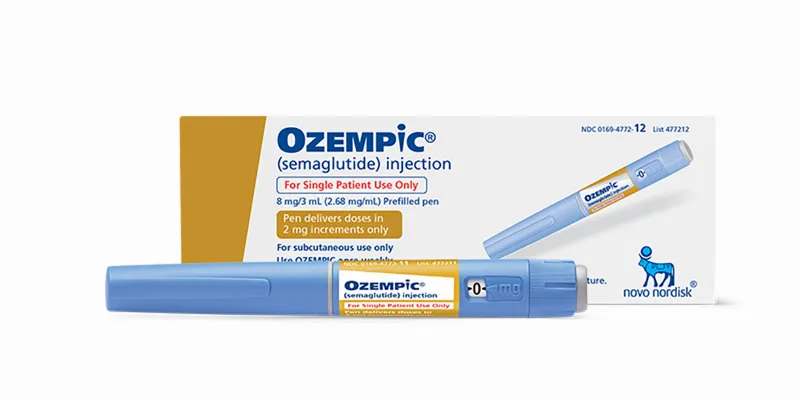New Horizons in Schizophrenia Treatment: ALTO-101 Targets Cognitive Dysfunction


Psychiatry |
25 June 2024
Alto Neuroscience has announced the initiation of a Phase 2 clinical trial for its transdermal formulation of ALTO-101, a PDE4 inhibitor, aimed at treating cognitive impairment associated with schizophrenia (CIAS). Previous studies have indicated that ALTO-101 improves cognition and EEG markers related to cognitive function, with fewer adverse effects when applied transdermally compared to oral administration.
Dr. Amit Etkin, CEO and founder of Alto Neuroscience, highlighted ALTO-101’s unique potential to mitigate cognitive deficits while avoiding the typical side effects associated with PDE4 inhibitors. “We look forward to completing this proof-of-concept study, as we believe ALTO-101 may benefit patients with CIAS and potentially become an important therapeutic option for a broad range of indications,” said Etkin.
The Phase 2 double-blind, placebo-controlled study will assess the safety, tolerability, and efficacy of ALTO-101 in adults aged 21-55 with schizophrenia and cognitive impairment. Approximately 70 participants will be enrolled in the trial, which will utilize a crossover design with dose escalation. The study aims to measure the effects of ALTO-101 on EEG markers of cognitive function, particularly focusing on theta band activity, a key indicator of cognitive performance.
The transdermal approach of ALTO-101 aims to enhance drug delivery, offering steady-state drug concentrations that improve safety, tolerability, and effectiveness. This innovative delivery system, developed in partnership with MEDRx, has demonstrated favorable pharmacokinetics and reduced side effects in earlier trials.
Researchers will primarily focus on the impact of ALTO-101 on theta band activity, a brain wave measure closely associated with cognitive function, as indicated by EEG. Previous presentations at the Society of Biological Psychiatry Annual Meeting supported the selection of this measure based on its strong correlation with cognitive function and sensitivity in schizophrenia cases.
The outcomes of this Phase 2 study, expected in the latter half of 2025, could herald a new era in the management of schizophrenia, particularly in addressing the cognitive symptoms that profoundly affect patients' lives.








Comments
No Comments Yet!